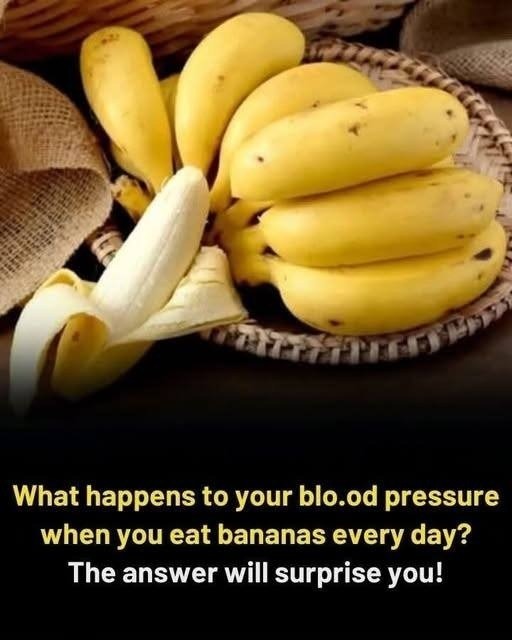Bananas bring potassium, and potassium is the mineral equivalent of a pressure valve for your arteries. Each medium fruit delivers about 420 mg of the nutrient, which helps the kidneys flush excess sodium and relaxes the walls of blood vessels. Over time, that one small act can shave points off both the top and bottom numbers of a reading.
The effect is modest but measurable: studies show that people who consume 3,500–5,000 mg of potassium daily—roughly six to eight bananas, though most get there through a mix of produce—can drop systolic pressure by 4–6 mmHg and diastolic by 2–3 mmHg. For someone hovering at 135/85, that shift can be the difference between a prescription and a pat on the back.
Bananas also supply magnesium and fiber, which support the same vascular relaxation, and they’re naturally free of sodium and saturated fat. Pair the fruit with other potassium-rich foods (beans, leafy greens, yogurt) and you amplify the benefit without adding pills.
The catch: potassium only helps if your kidneys are healthy and you’re not on certain blood-pressure medications that already raise potassium levels. Check with your doctor if you have kidney disease or take ACE inhibitors or potassium-sparing diuretics.
Bottom line: swap the morning pastry for a banana, repeat daily, and you give your heart a gentle, natural exhale—no pharmacy required.


